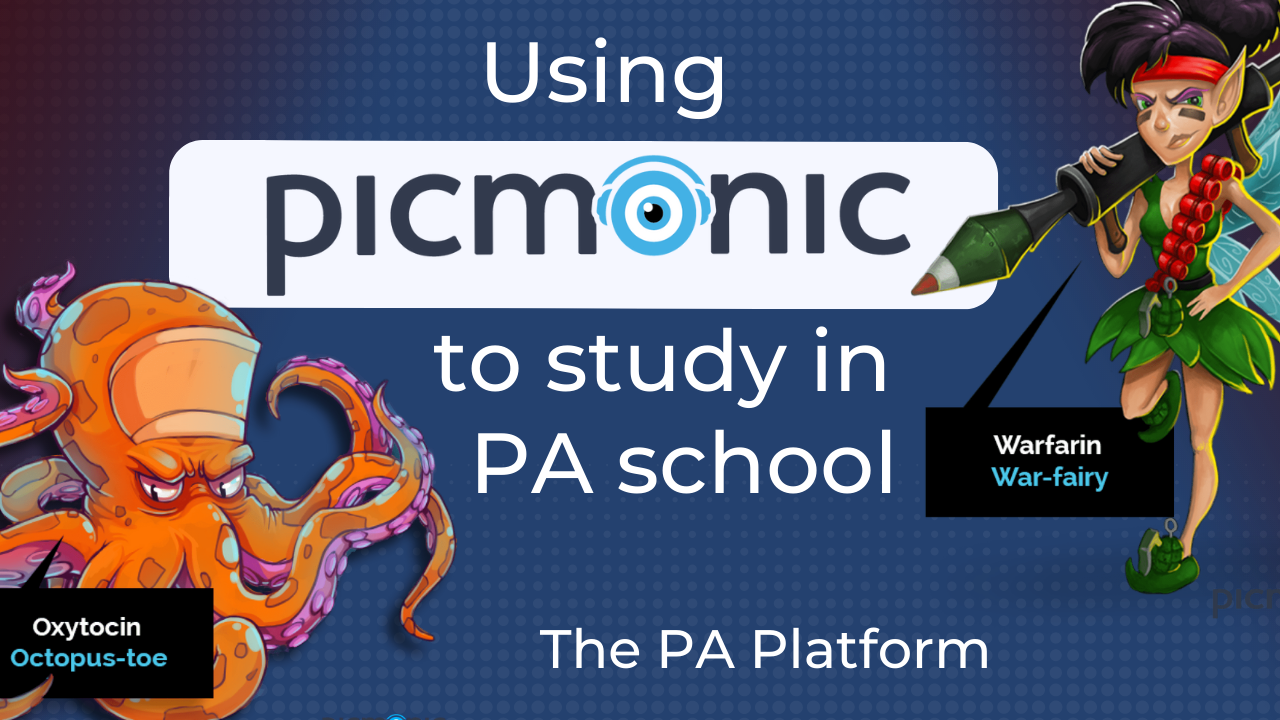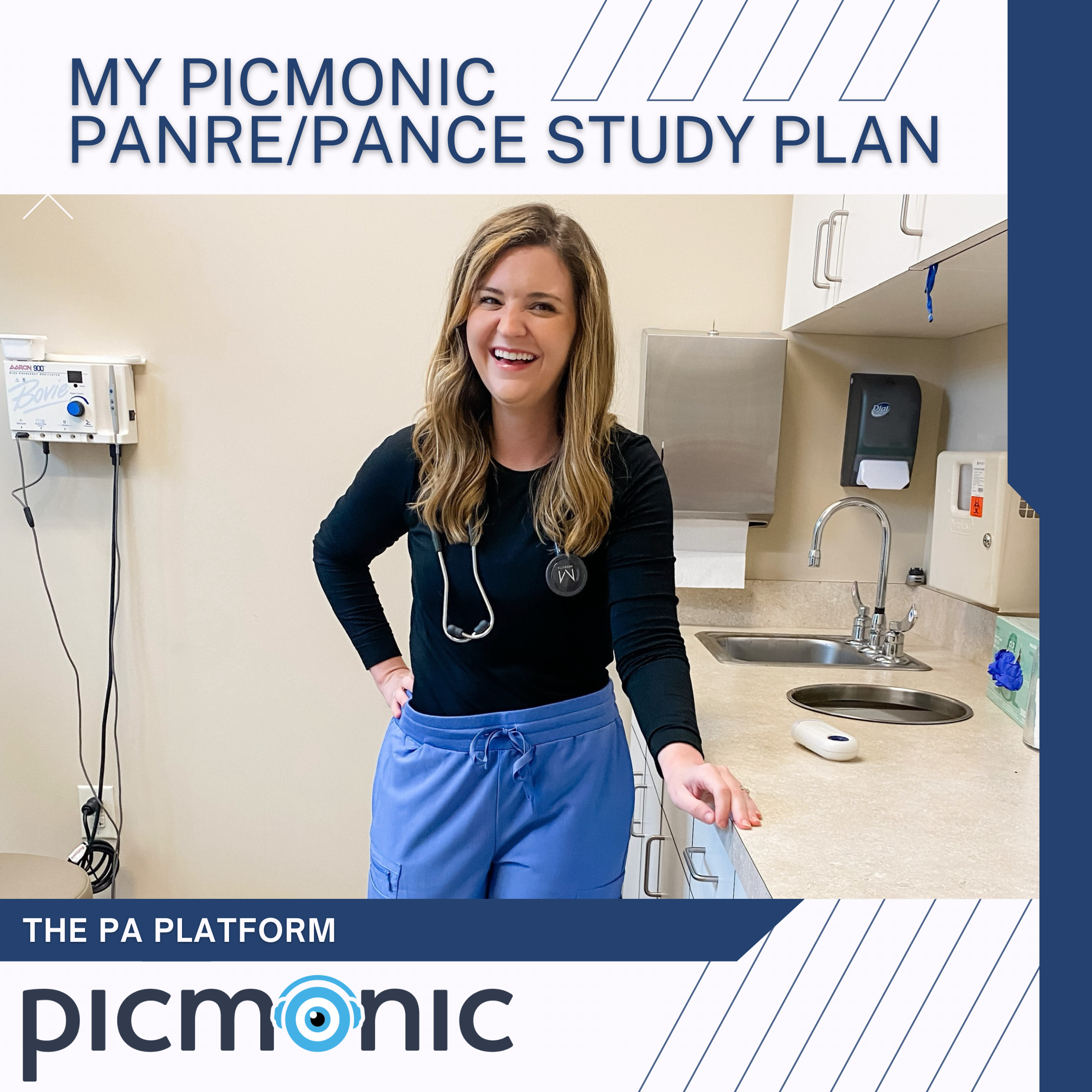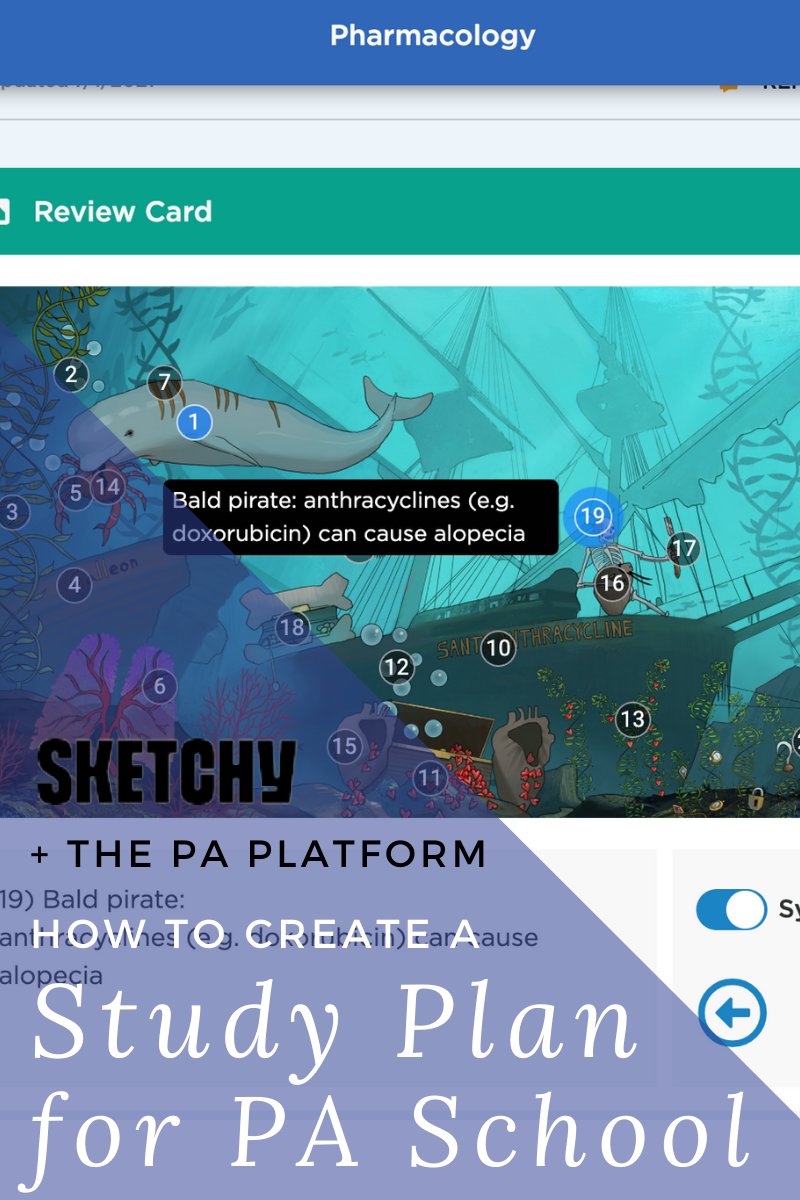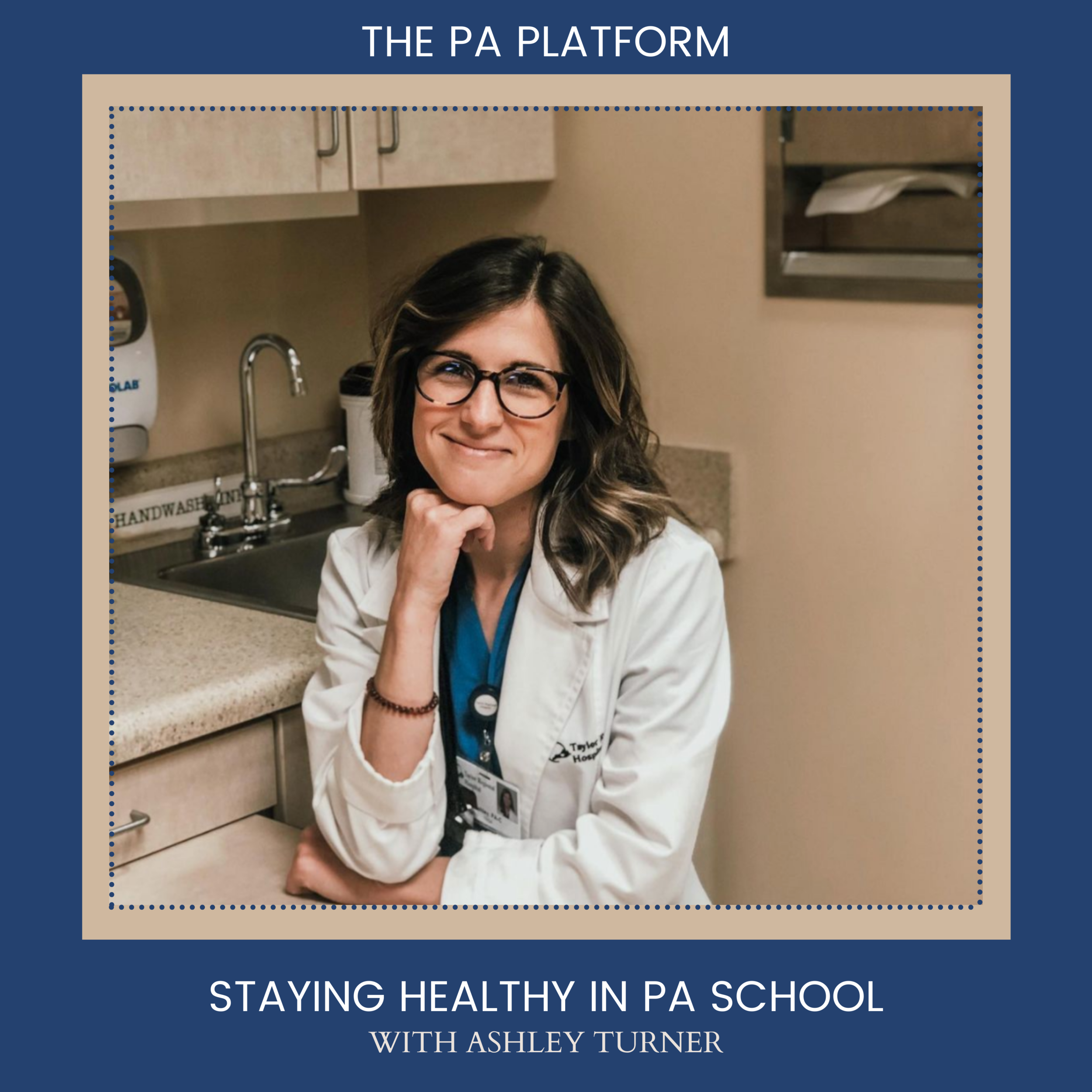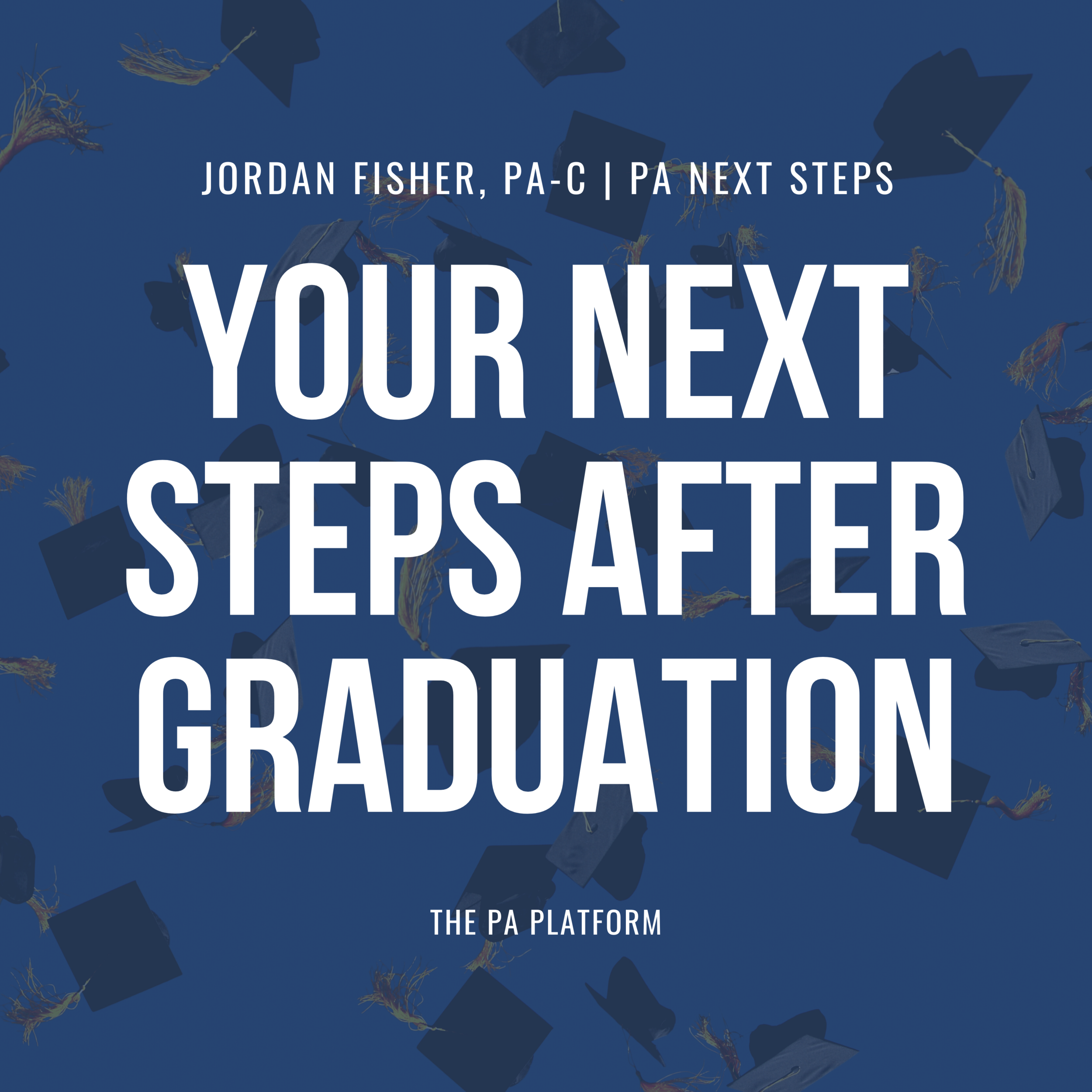A year ago, I was at my white coat ceremony. I remember walking across the stage as my mom coated me, still not believing that I made it through the toughest years in PA school. In my fourth year, my mom was diagnosed with Stage IV ovarian cancer. Every day was a battle of my mind questioning what the future would be like, and that uncertainty drove me insane. A year after, in my last year of PA school, my mom’s cancer metastasized to her brain, requiring brain surgery for tumor resection and adjuvant radiation therapy. I can still remember praying in the waiting area for my mom to make it through, and my biggest wish I kept saying was, “Please let her see me graduate.” And then here I was, walking across that stage with my mom coating me. God, that moment was and is everything to me. Everything I wanted was right in front of me — my mom, my degree, and my career. Everything seemed so perfect and right, and it felt like I was on top of the world.
“Nothing could go down from here.”
A year later, I am on the front lines of COVID-19 as a critical care PA working in an intensive care unit (ICU) in the middle of New York City. In a matter of my first five months of being a PA, I was hit with something that I never really thought I would have to be in — a pandemic. My hospital received the first COVID-19 case in NYC, and I still remember my anxiety flaring up as I woke up in the middle of the night with texts from my co-workers to check my e-mail. A week later, the numbers started to double and triple. In a matter of two weeks, NYC’s cases went up to hundreds. My hospital, which had a lot of vacancies in preparation to move from our current building to a newer hospital building, started to open up new units to try to match the surge of patients we were getting every day. We went from having one intensive care unit to three, and a new step-down unit for patients who met the criteria for critical respiratory conditions, but were not on the ventilators. Patients were intubated for a prolonged amount of time which resulted in many patients getting tracheostomies, requiring us to open another unit designated to weaning these patients. Soon enough, my hospital was filled with all COVID patients.
As these units kept opening, we started to become short-staffed. Our medicine residents were moved to the new intensive care units and medicine floors. My role expanded over the months, including training traveler advanced providers, surgical interns and PAs who were floated over to the ICU to help. With only half a year of experience in, I became one of the seniors in the ICU helping my fellow and attending run the unit. I went from the person who used to go to my seniors for help to being the person that others relied on due to them being out of their comfort zones. I mean, I was out of my comfort zone too.
My anxiety level worsened every day. Everyone was being worked past their limit, exhausted physically and emotionally. Passive aggressiveness was something that was in the air every day just from how stressful everything was. IV pumps beeping. Ventilators going off. Desaturations. Codes. Sometimes it would happen all at once with multiple patients. I started hearing all the alarms in the shower. I had nightmares of my patients crapping out on me, and I would wake up sweating and anxious the rest of the day.
Living in anxiety these months was just one thing. Coping with the number of deaths I’ve seen was another. School never prepared us in learning how to cope with grieving over our patients. They only taught us to not be too attached to our patients, but how do you do that when you are the only person that your patient has seen in these months? Family members were not able to visit unless the patient was actively dying and focusing on palliative/comfort care. Zoom became something we used, but how can that really suffice? I became attached to my patients. There were times where I had to put my phone in a specimen bag so I could call family members in the patients’ room. “Hold his hand for me please. He would not want to leave this world alone.” Behind the PPE, here I was, choking up in tears as I tried to keep it together. But how could I?
I came home almost every day exhausted. I found myself falling to the ground and just breaking down as I felt so helpless. I still remember telling everyone, “I can’t wait to change this world. I can’t wait to save lives and put a smile on my patients’ family’s faces.” And now, every day, I was calling family members delivering them bad news. I would walk into every night shift praying to God that I didn’t have to call someone at 2AM to deliver such horrible news. “Please tell me you’re lying. Tell me she’s still alive. This isn’t real.” What do you even say to those words?
Coming home from my shifts every day became harder and harder. I found myself breaking down in my car. I would pick up the phone to call my mom, but not be able to because I didn’t want to have her worry about me. In those moments, I just wanted to go home and see her, but I couldn’t. What if I am an asymptomatic carrier? What if I get her sick? I could never live with the guilt of that, and it became my worst nightmare of all. It was two months until I got to see my mom from afar, and three months and four days that I was able to finally hug her.
If you told me a year ago, that I would be battling a pandemic and my mental health failing me, I would tell you that you’re crazy. Six months out from this pandemic, I am still recuperating mentally. I am still dealing with the anxiety of, “What if this isn’t over yet? What if it comes back?” Every day, I am battling my mind with the fear of COVID-19 returning and trying to be present — to be appreciative that we made it this far. It’s still a working progress, but I know it will take time.
If I could tell myself a piece of advice to the person I was a year ago, it would be — It doesn’t stop once you graduate. It actually gets harder. You no longer have a program guiding you of what to do. You’re on your own from here out. You’re going in for one hell of a ride. Remind yourself of all the good intentions in your heart to heal everyone, but also know that you won’t be able to do so for everyone. You will have these battles you may not be prepared for. You’ll sink. You’ll float. But you will get through it at the end of it. They don’t teach you this in school, but life will.
Listen to Karlina’s episode of The Pre-PA Club Podcast where she discusses what it is like to be a new grad working in the ICU in NY during the COVID-19 pandemic.


